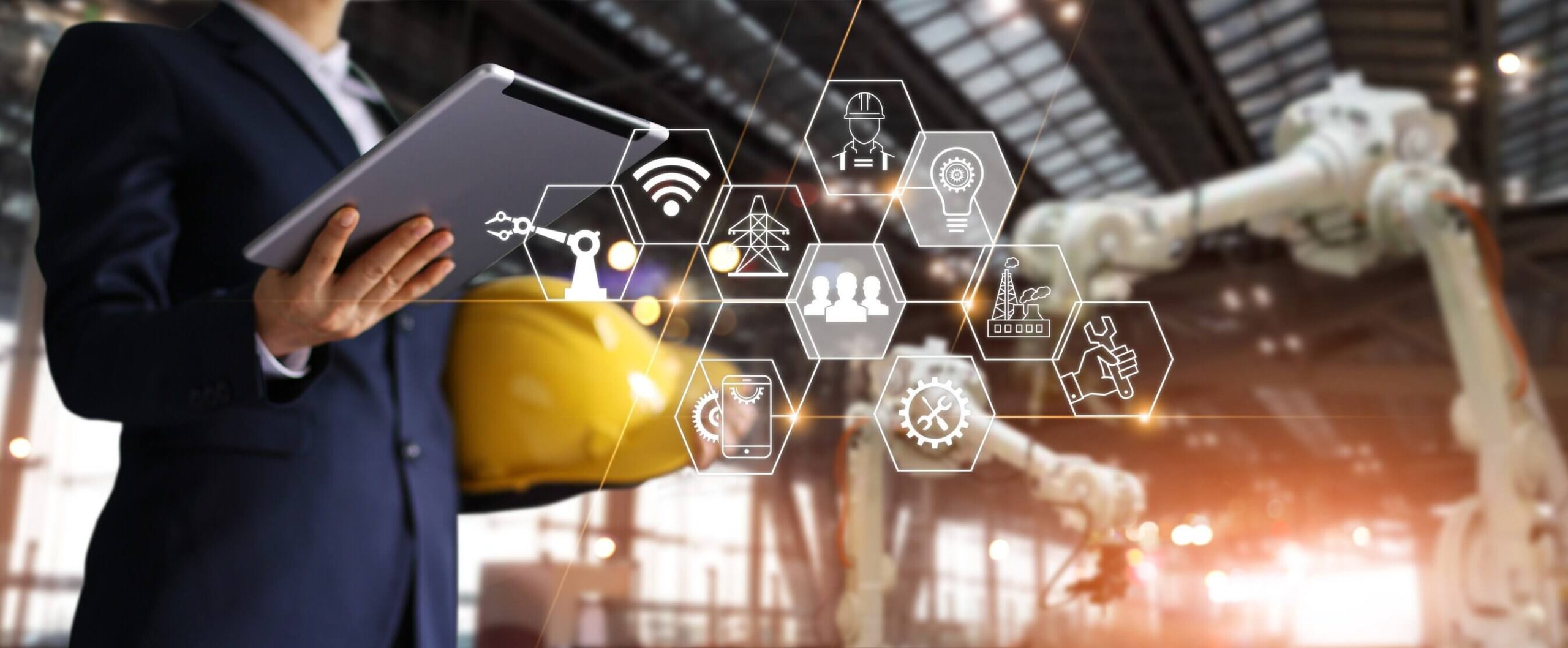Business and society are deeply intertwined. Companies do not operate in isolation; they exist within communities, depend on resources from the enviro
Business and society are deeply intertwined. Companies do not operate in isolation; they exist within communities, depend on resources from the environment, and thrive when society prospers. Likewise, societies depend on businesses for jobs, innovation, and the goods and services that sustain daily life. The relationship between the two is complex, evolving, and increasingly focused on shared responsibility.
In today’s global economy, businesses are judged not only by profit margins but also by their impact on people and the planet. Concepts like corporate social responsibility (CSR), environmental, social, and governance (ESG) criteria, and stakeholder capitalism are reshaping how businesses interact with society. The challenge for the future lies in balancing economic growth with social progress and environmental sustainability.
1. The Interdependence of Business and Society
Every business relies on society for its survival:
-
Workforce: Employees come from local communities, bringing skills and creativity that drive growth.
-
Consumers: Society forms the customer base, purchasing products and services.
-
Infrastructure: Businesses depend on public infrastructure—roads, schools, healthcare systems, and utilities.
At the same time, society relies on businesses for:
-
Employment: Companies create jobs that sustain families and communities.
-
Innovation: Businesses develop new technologies, medicines, and services that improve quality of life.
-
Tax Contributions: Business taxes fund essential social services and infrastructure.
This interdependence means that when businesses thrive responsibly, society prospers, and when society prospers, businesses benefit.
2. The Rise of Corporate Social Responsibility (CSR)
Corporate social responsibility has become a defining trend in the business world. CSR encourages companies to go beyond profit-making and take responsibility for their impact on society.
Examples of CSR initiatives include:
-
Supporting local education and training programs.
-
Reducing environmental footprints through sustainable production.
-
Providing fair wages and safe working conditions.
-
Donating to social causes or sponsoring community events.
Companies that practice CSR strengthen their brand reputation, attract loyal customers, and create stronger ties with the communities in which they operate.

3. ESG and Stakeholder Capitalism
While CSR was once seen as voluntary, today’s businesses face stronger accountability through environmental, social, and governance (ESG) standards. Investors, governments, and consumers expect businesses to demonstrate measurable impact on sustainability, diversity, and ethical practices.
-
Environmental: Cutting carbon emissions, conserving energy, and reducing waste.
-
Social: Promoting diversity, equity, and inclusion; respecting human rights.
-
Governance: Transparent leadership, ethical practices, and accountability.
This shift aligns with the idea of stakeholder capitalism, which argues that businesses should serve not just shareholders, but all stakeholders—including employees, customers, suppliers, and communities.
4. Business as a Driver of Social Change
Businesses have immense power to drive social change. For example:
-
Tech companies improve global communication and education.
-
Pharmaceutical firms develop life-saving drugs and vaccines.
-
Renewable energy businesses combat climate change by reducing reliance on fossil fuels.
By aligning goals with social needs, companies can create innovations that benefit both shareholders and society at large. For instance, when a company develops affordable clean energy solutions, it not only creates profit but also reduces global emissions and improves living standards.
5. Challenges at the Intersection of Society and Business
Despite progress, the relationship between society and business faces several challenges:
-
Income Inequality: Large corporations often generate vast wealth while leaving communities underpaid or unemployed.
-
Environmental Damage: Some industries exploit resources unsustainably, harming ecosystems and future generations.
-
Globalization Risks: While global trade creates opportunities, it can also erode local businesses and cultures.
-
Corporate Misconduct: Scandals related to corruption, tax evasion, or unsafe products erode public trust.
Addressing these challenges requires ethical leadership, strong regulation, and active participation from society itself.
6. Social Entrepreneurship and Inclusive Business
A promising development at the intersection of society and business is the rise of social entrepreneurship. Social entrepreneurs use business models to address societal challenges—such as poverty, education, or healthcare—while remaining financially sustainable.
Examples include:
-
Companies providing affordable solar power in off-grid regions.
-
Startups offering microfinance solutions to underserved communities.
-
Businesses creating eco-friendly products from recycled materials.
Inclusive business models ensure that marginalized groups, such as women, rural workers, or low-income families, benefit from economic growth.
7. The Role of Technology in Society and Business
Technology is reshaping the relationship between society and business:
-
Remote Work: Businesses adapted during the pandemic to enable flexible work, benefiting employees’ work-life balance.
-
E-Commerce: Online platforms make products accessible globally, supporting small and medium enterprises.
-
Artificial Intelligence: AI enhances efficiency but raises ethical questions about job displacement and privacy.
-
Digital Inclusion: Expanding internet access enables education, healthcare, and financial services in underserved regions.
Technology creates opportunities but also responsibilities. Businesses must ensure that innovation promotes inclusivity and ethical use.
8. Sustainability: A Shared Priority
Sustainability has become the defining issue of our time, connecting society and business in a shared mission. Climate change, resource scarcity, and environmental degradation threaten both communities and economies.
Businesses are responding by:
-
Transitioning to renewable energy.
-
Designing circular economy models where waste is reused.
-
Committing to carbon neutrality.
-
Innovating in green technologies like electric vehicles and sustainable packaging.
Sustainable business practices not only protect the planet but also appeal to eco-conscious consumers and investors.
9. The Future of Society and Business
The future of society-business relations will be defined by cooperation, innovation, and responsibility. Key trends include:
-
Hybrid Work Models: Balancing productivity with employee well-being.
-
Ethical Consumerism: Customers demanding transparency about sourcing and labor practices.
-
Global Collaboration: Businesses working with governments and NGOs to solve global challenges.
-
Purpose-Driven Organizations: Companies integrating social missions into their core strategies.
In the years ahead, success will be measured not only by profit but also by contributions to people and the planet.

Conclusion
The relationship between society and business is one of mutual dependence and shared responsibility. While businesses provide jobs, innovation, and prosperity, they also have an obligation to address social and environmental challenges. Society, in turn, shapes business through consumer demand, regulations, and cultural values.
By embracing CSR, ESG standards, and sustainability, businesses can move beyond short-term profits to create long-term value for all stakeholders. Social entrepreneurship, technology, and ethical practices will play critical roles in building a more inclusive and resilient future.
In the end, the strongest businesses are those that recognize a simple truth: when society thrives, so does business. The future lies in collaboration, innovation, and the pursuit of shared prosperity.




COMMENTS